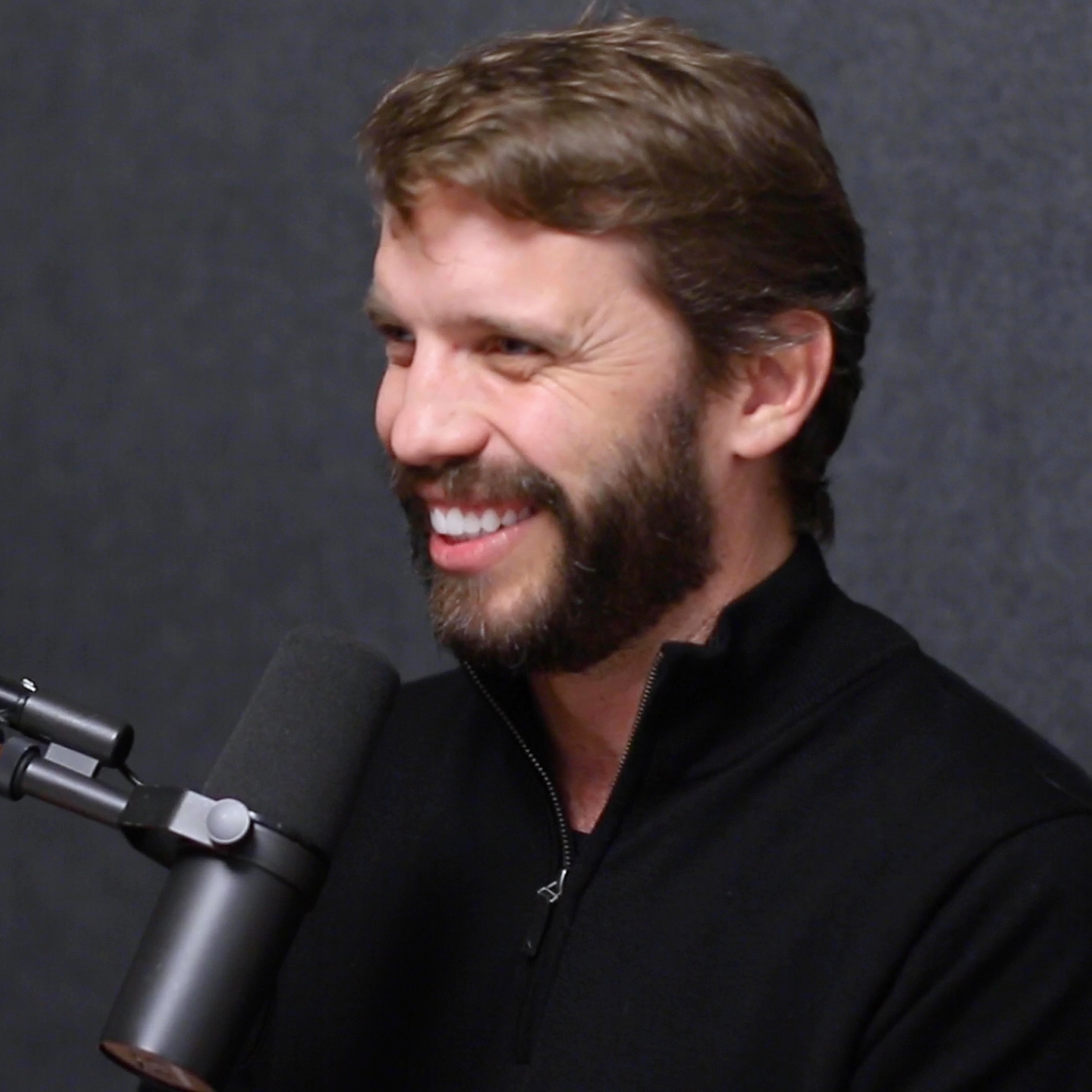Anything that is too heavy for a driver to pick up is a freight package, and it requires a whole different network to move it around.
Physical packages cannot go through the same trucks. The conveyor belts are too narrow for freight for pallets...etc.
Meanwhile, package delivery companies own their logistics end-to-end, which enables simple conveniences like tracking. Freight is too large in volume to be operated by just one company, and as a result, user experience of shipping is very distributed.
His business was not making a lot of money. In fact, he says he'd made less money at the time than some people who were not even trying to make money.
Eventually, however, he used the story of his entrepreneurial journey to get into a business school. It was a backup plan, a way to maybe get a job.
It is important to enable makers and creators to continue their work, otherwise we will end up living in the world where one mega-corporation ends up making everything, and we only get two choices: black or white. Ryan does not want to live in that world.
"MBAs don't make great founders" is a notion created by sample bias, where people who want typically get an MBA are most often not startup founders and don't have the same aspirations.
If you take a great founder and give them the MBA skills, that would only make them better at business.
That said, MBA is expensive, and if you can afford to take on the risk, you have to prepare for it.
Ryan says you have to be ready to fight, in perpetuity. If you stay in the fight long enough, you will win, but no one knows how long that might take.
SEO and ads on the internet. Pre-launch, while still experimenting with the idea of Flexport, Ryan built a landing page and collected sign ups from some of the biggest companies in the world. Based on that, he knew it had the potential to be big.
Flexport goes after their competitor's clients and shows their value proposition - they can deliver visibility and control over their freight, at the same price point as their legacy providers.
At some point, it makes no sense for those clients not to convert over to Flexport.
Freight forwarding is the #1 on the list of businesses that can be automated with technology. It's a constant relay race of unstructured data, where every bit of the process needs to be unlocked, from relying on a human, and replaced with software that enables humans to do their work better and faster.
You can either figure out a different business, one they do want to invest into, or figure out a way to self-fund a business or fund it through customer revenue. Most investors want to invest in a business that will run with or without them anyway.
Success compounds. Instead of trying to create an execute on some master plan, move fast and get little wins over and over.
De-risk your business and make sure that as you grow everyone is winning in the process, except for your competitors.
